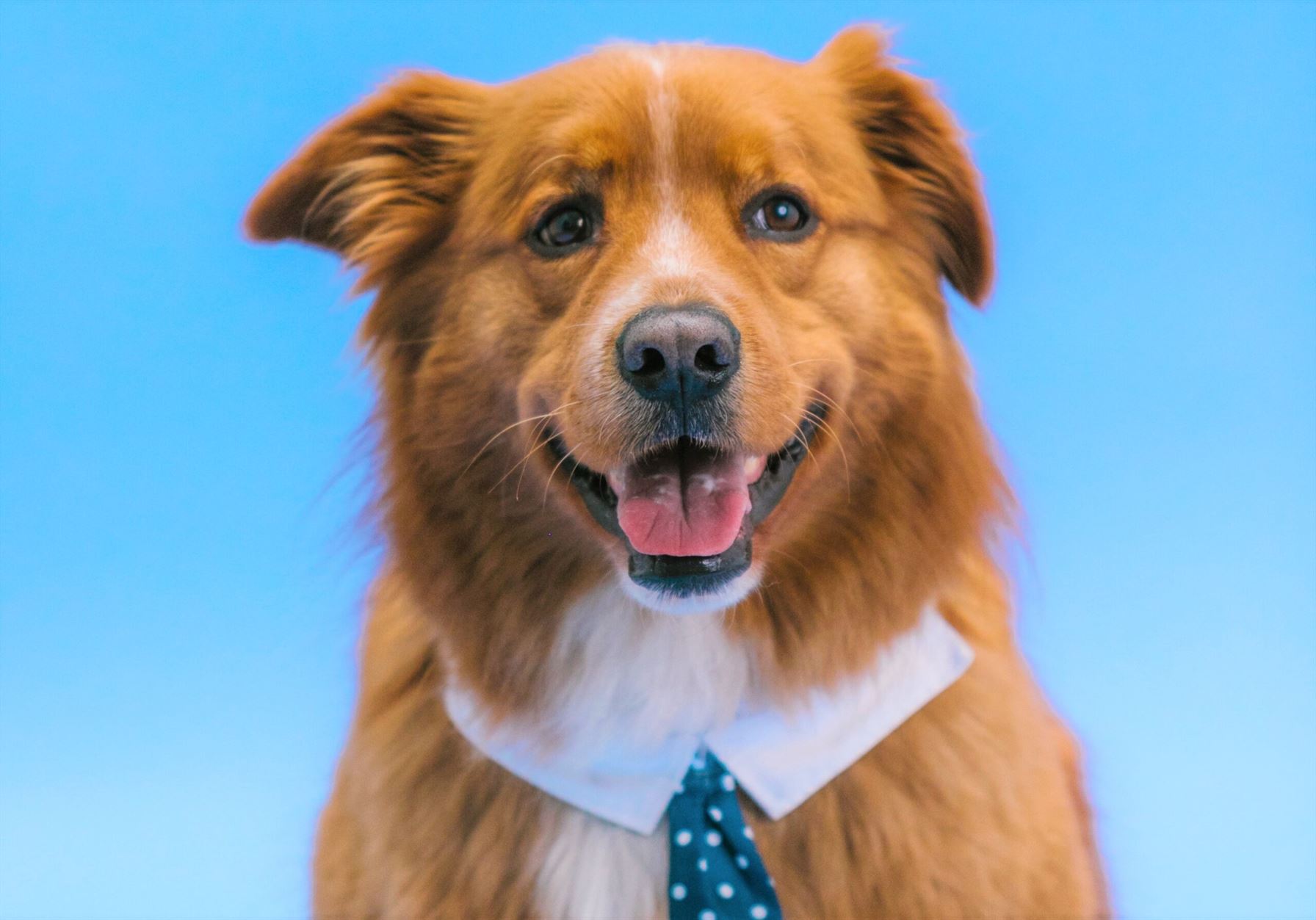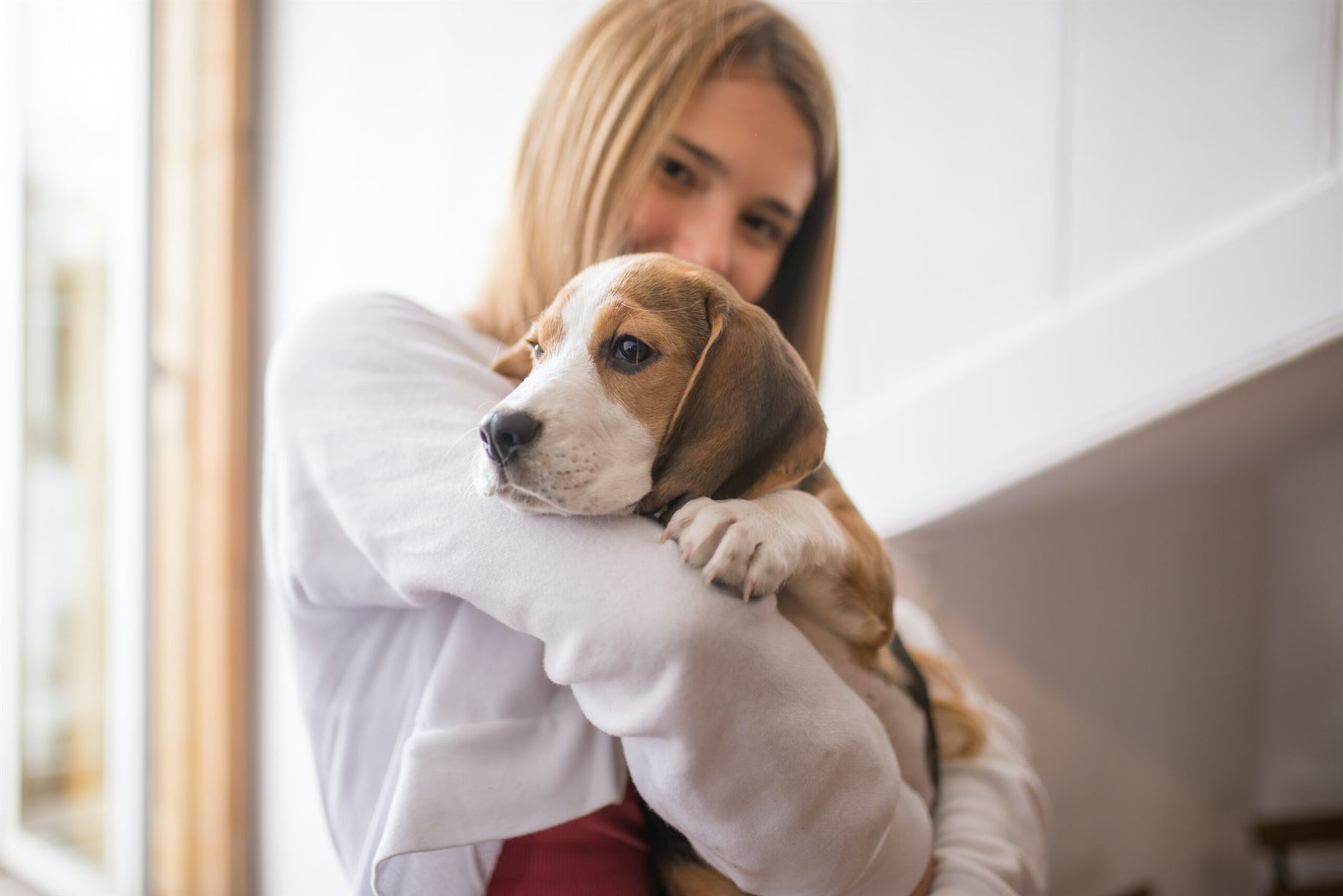Licensing Your Dog (When You Get a New Dog) in Singapore

Getting a new dog is always an exciting moment. You have already decided on what dog you want, and you have gone to buy its bed, bowl, a leash, and some toys. You have decided that you want to give grooming a shot, so you have even bought dog shampoos and conditioners, fur trimmers and nail clippers. When the day finally arrives, and you go down to the pet shop or animal shelter and get your furry kid. You are so excited about getting your new dog, you forget all about registrations, licenses and all those payments and paperwork. When you do think about it, you decide that it isn’t worth all the stress and decide against licensing your dog. You focus instead on potty training your pet, taking it to obedience class, and all of that. It is not a good idea to neglect licensing your dog, though.
Reasons Why We Should License Our Dogs

The Law Requires That You Do It
Licensing your dog is the law. As long as your dog is three months old or older, you need to get it a license from the Agri-Food and Veterinary Authority (AVA), and you are also mandated to renew that license every year. Failure to do so attracts a fine of $5000, which brings takes you to the second reason why you should license your dog.
The Fine Isn’t Worth It
So, you will have to go online, apply for your dog license, arrange for GIRO payment, and pay $90 for the license. You see all this and decide that you will skip licensing. Not licensing is a criminal offence, and the penalty is $5000. All you need to do is pay $90 as a license fee, and then renew that license every year with $14 if your dog is sterilized, and $70 if it isn’t. Compared to the $5000 for not licensing your dog, $90 and the subsequent payments is nothing. The fine isn’t worth it.
Microchip Before License
You may be thinking that having a microchip in your dog means that it can’t go missing because you can track it. This is a misconception. It is compulsory for all dogs to be microchipped before they can get a license: the microchips are not tracking devices. Registering your dog and getting a license will make it easier to trace your dog if it gets missing, but to get a license, you need to get your dog microchipped. No microchip, no license; no license, no finding your dog if it goes missing.
Licensing Is Necessary For Rabies Control
Having a licensed dog means your dog is free from rabies. Rabies is a deadly disease that can kill dogs if not caught and treated fast, and can be transmitted from dogs to humans through dog bites or saliva. Singapore is currently a rabies-free country, but that doesn’t mean every other country holds a rabies-free status as well. Licensing your dog with AVA is a way of enforcing rabies control, and makes it easier for AVA to detect dogs with rabies and contact the owners so as to prevent the spread of the disease.
Steps To License Our Dogs
1. All dogs have to be licensed for the purpose of rabies-control
2. All dogs 3 months old and above must be licensed
3. All dogs must be microchipped before obtaining a license
4. Your dog must be properly confined within your premises
5. If your dog is in a public place, it must be on a leash and properly supervised
6. Do not allow your dog to stray
7. Make sure to renew your license annually
8. Always inform AVA if you have changed ownership of your licensed dog
9. Always inform AVA if you have changed the address of where you keep your dog, i.e. if you move
10. Always inform AVA if your dog has died, or is lost
11. Ensure you meet all licensing conditions.
You should note that the dog license is strictly for licensing purposes: it is not express approval for you to keep your dog on the premises you stated during registration. It is your HDB or estate management that reserves the right to allow you to keep your licensed dog on the registered premises that you have stated. Breaching the rules and regulations of AVA on dog licensing attracts a penalty, which you must settle on a time to avoid going to court and being fined a higher penalty. Any dog of a breed that has been classified as dangerous or potentially so should be muzzled when out in public. These dogs have been classified by AVA as Schedule I and Schedule II breeds. To see a full list of Schedule I and II dogs, visit www.ava.gov.sg.
New Updates For AVA Regarding Dogs’ License
As of November 2010, AVA implemented updates as regards to dog licensing, such as:
The Perro de Presa Canario has been moved from Schedule II to Schedule I on the list of potentially dangerous or fierce dogs. This dog is no longer allowed to be imported into Singapore, and those already in Singapore will get new licenses and must undergo obedience training with an AVA-certified trainer.
Only one dog from both Schedules is allowed to be on premises. Only newly licensed dogs will be affected.
All newly licensed and existing Schedule II dogs must be microchipped
If you own a newly licensed Schedule II dog, ensure you take up an insurance policy of not less than $100,000 against personal injury and property damage
You must also take up a banker’s guarantee for $2000
Licensing your dog is important for both your sakes if you want to live free of any troubles with the law. It makes sure that your dog is free of rabies, that you can track it if it gets lost, and it also makes sure that you steer clear of breaking the law. If you want more information on what dog breeds are considered dangerous and how to keep them with you, you can approach AVA for more information.







